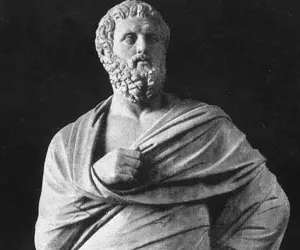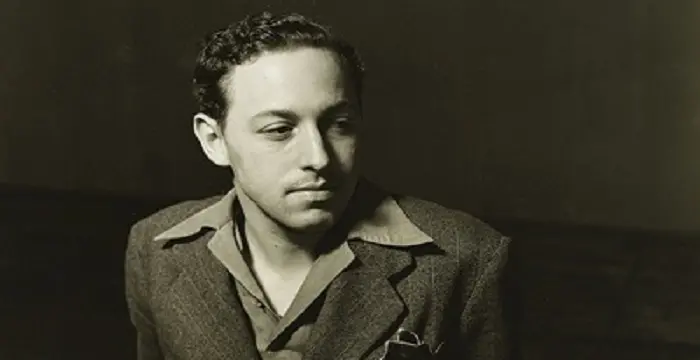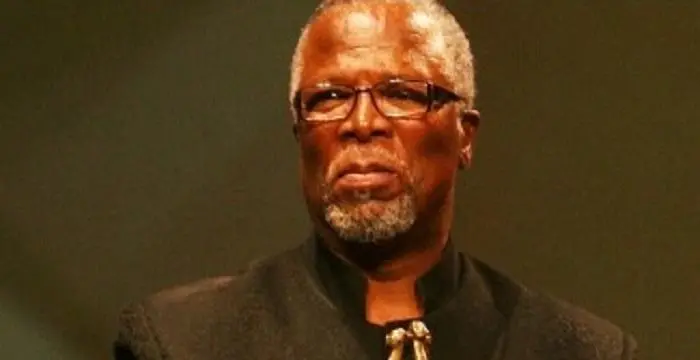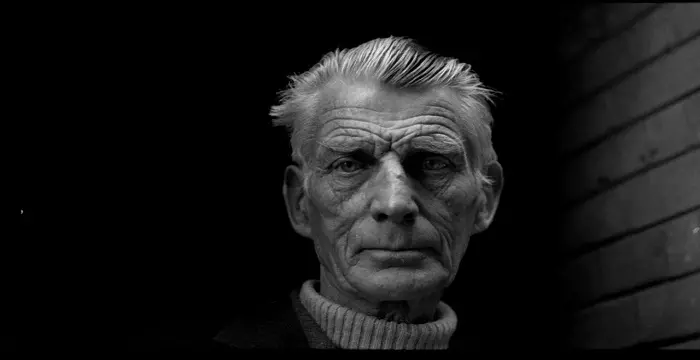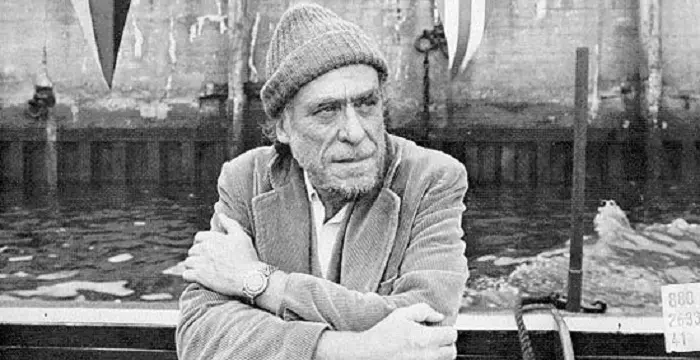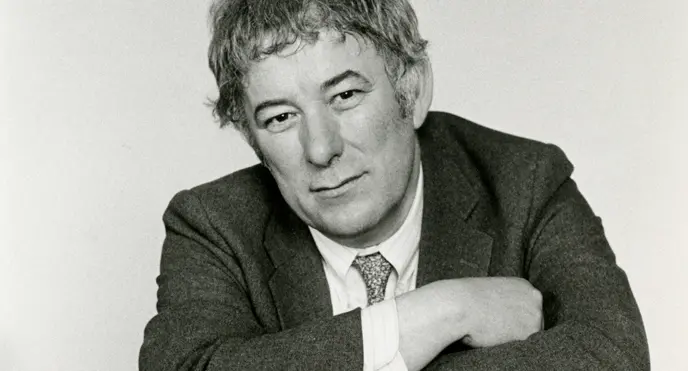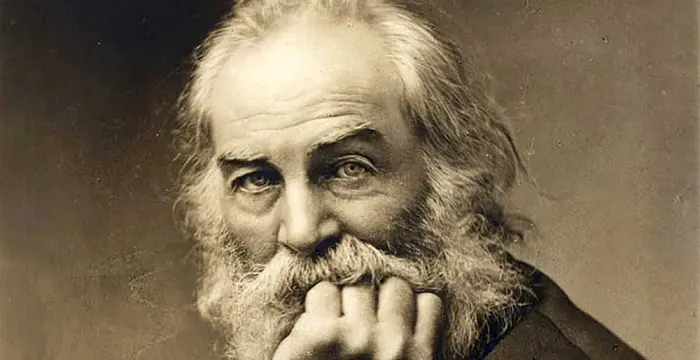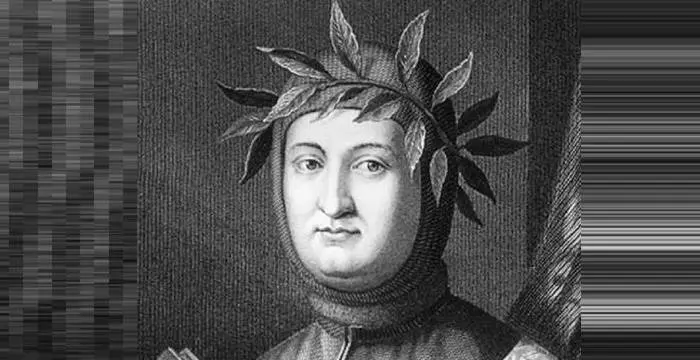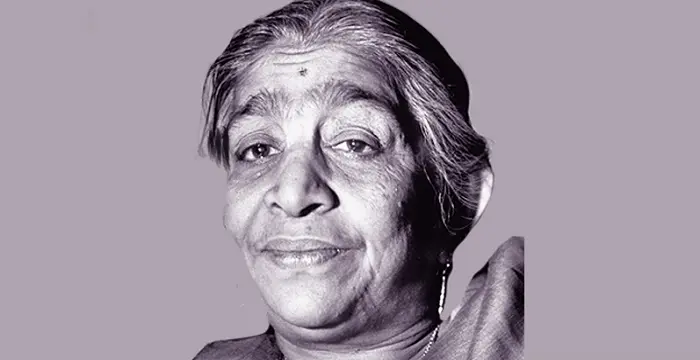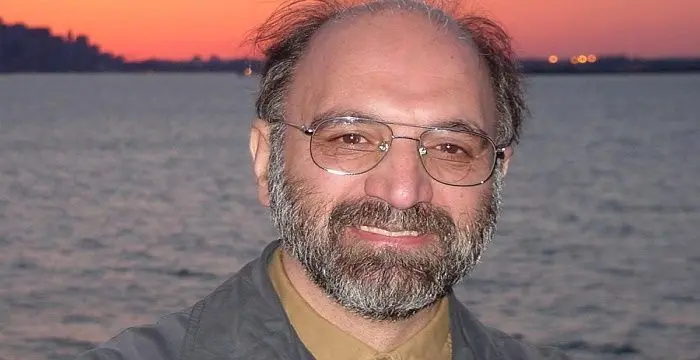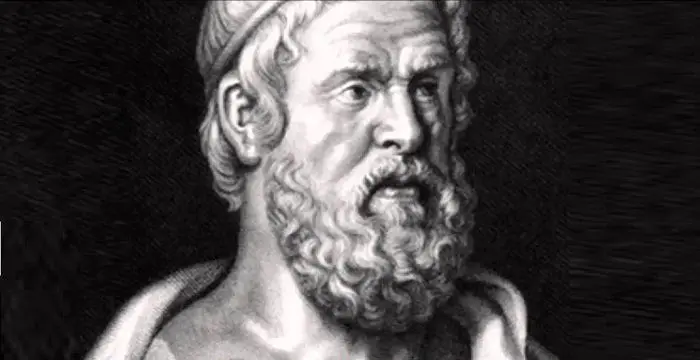
Aeschylus - Greek Tragedian, Birthday and Family
Aeschylus's Personal Details
Aeschylus was an eminent Greek tragedian
| Information | Detail |
|---|---|
| Birthday | 525 BC |
| Nationality | Greek |
| Famous | Writers, Poets, Playwrights, Greek Tragedian |
| Childrens | Euaeon, Euphorion |
| Birth Place | Eleusis |
| Gender | Male |
| Father | Euphorion |
| Born in | Eleusis |
| Famous as | Greek Tragedian |
| Died at Age | 69 |
Aeschylus's photo
Who is Aeschylus?
Aeschylus was a Greek tragedian who gave his life to dramatic arts. He laid the foundation and groundwork that was required for the art to flourish in the world. While he served as the initiator, Sophocles and Euripides took over as his notable successors. Till date, the works of the trio, Aeschylus, Sophocles and Euripides survive and can be read or performed. Aeschylus often referred to as the father of tragedy, was truly the founder of Greek tragedy. It is through his works that the basic understanding of the earlier tragedies was developed. His plays have been serving as the point of reference till date. At the time when Aeschylus began writing, theatre was just about evolving. Plays performed then were just about choral poetry supplemented with expressive dance. Aeschylus not just worked on the genre but brought about new theme by introducing a second actor in the play in the form of chorus. In his lifetime, he is said to have written about ninety plays of which only seven survive till date. Nevertheless, these seven plays help in the basic understanding of earlier tragedies.
// Famous Playwrights
Tennessee Williams
Tennessee Williams was one of the greatest playwrights of the 20th century. This biography of Tennessee Williams provides detailed information about his childhood, life, achievements, works and timeline.
John Kani
John Kani is a South African actor, voice actor, playwright and director. Check out this biography to know about his birthday, childhood, family life, achievements and fun facts about him.
Samuel Beckett
Samuel Beckett was an Irish playwright, novelist, theatre director and poet. This biography profiles his childhood, life, works, achievements and timeline
Childhood & Early Life
Not much is known about the life of Aeschylus or the exact date as to when was he born. However, it is believed that he was born in 525 BC in Eleusis, a small town which is located northwest of Athens.
Born in a wealthy and affluent family, he was fathered by Euphorion, a member of the Eupatridae, the ancient nobility of Attica.
Later Life
During his early years, young Aeschylus worked at the vineyard. According to 2nd-century AD geographer Pausanias, God Dionysus visited Aeschylus in his sleep and instructed him to concentrate his energy and focus his attention on the nascent art of tragedy. Stirred by the dream, he woke up suddenly and started writing a tragedy.
Meanwhile in 510 BC, Cleisthenes assumed power after Cleomenes I expelled the sons of Peisistratus from Athens. He brought in new reforms according to which a system of registration was applied that emphasized the importance of the deme over family tradition.
The Persian war greatly influenced his life and career. In 490 BC, he along with his brother Cynegeirus fought to defend Athens against Darius I at the Battle of Marathon.
The battle turned in favour of the Athenians. Though there was joy all around, the death of his brother Cynegeirus while trying to prevent a Persian ship retreating from the shore caused much pain and grief to him.
He resumed his military duties in 480 BC when he received a call to fight against Xerxes I's invading forces at the Battle of Salamis. He rendered his services to the Battle of Plataea as well in 479 BC.
Military service apart, he was a playwright and the first to introduce the genre of tragedy. He took part in the dramatic competitions that were common in those days. The competition was a grand affair and was more of a festival.
The first ever competition that he participated in comprised of three playwright including him, each of whom presented a tragic play which was followed by a shorter comedic satyr play.
The first competition was followed by a second competition wherein there were five comedic playwrights. The winner of both the competition was adjudged by a panel of judges. During his lifetime, he participated in many such competitions.
Over his lifetime, he wrote about ninety plays of which only seven survive till date. They include, ‘The Persians’, ‘Seven against Thebes’, ‘The Suppliants’, the trilogy ‘The Oresteia’, consisting of the three tragedies Agamemnon, The Libation Bearers and The Eumenides and ‘Prometheus Bound’.
Except for ‘Prometheus Bound’ whose authorship is yet again disputable and a matter of contention, all his plays are believed to have bagged the first prize in the competition.
By 473 BC was after the death of Phrynichus, another Greek tragedian, Aeschylus became yearly favourite in the Dionysia and went on to win every competition.
‘The Persians’ is his oldest surviving play, which was performed in 472 BC and won first prize at the Dionysia. It was loosely based on his own life and experience at the Battle of Salamis.
His next surviving play, ‘Seven Against Thebes’ was performed in 467 BC. It was themed around the interference of Gods in human affairs. The play originally depicted the story of the two sons of the King of Thebes, Oedipus and their death due to greed for throne. It ended with mourning for the dead brothers
In 458 BC, he brought forth his trilogy play The Oresteia, which has today become the only surviving trilogy of Greek plays by any playwright. The play includes three plays, Agamemnon, The Libation Bearers (Choephoroi), and The Eumenides which together portray the bloody story of the family of Agamemnon, King of Argos.
There are doubts whether last of his surviving tragedies ‘Prometheus Bound’ was penned by him. While ancient authorities claim it to be his offering, scholars have raised doubts over it.
Personal Life & Legacy
He married and was blessed with two sons, Euphorion and Euaeon. Interestingly, both his sons became tragic poets. Euphorion outdid Sophocles and Euripidesin and won the first prize in a competition.
Aeschylus’ nephew, was also a tragic poet, and won first prize in the competition against Sophocles' Oedipus Rex.
His last visit to Sicily was in 458 BC. During this visit, he explored the city of Gela. It was during this time that he breathed his last. If the legends are to be believed, he met his death when an eagle mistook his bald head for a rock and dropped a tortoise on it. He breathed his last in 456 BC
Post his death, a monument was erected in his memory.
Trivia
This Greek tragedian and playwright is popularly remembered as the ‘Father of Tragedy’.
// Famous Writers
Joyce Meyer
Joyce Meyer is a Christian author and speaker. This biography provides detailed information about her childhood, life, achievements, works & timeline
Temple Grandin
Temple Grandin is a well-known American writer, autistic activist and animal expert. This biography profiles her childhood, life, achievements, career and timeline
Tennessee Williams
Tennessee Williams was one of the greatest playwrights of the 20th century. This biography of Tennessee Williams provides detailed information about his childhood, life, achievements, works and timeline.
Aeschylus biography timelines
- // 525 BCNot much is known about the life of Aeschylus or the exact date as to when was he born. However, it is believed that he was born in 525 BC in Eleusis, a small town which is located northwest of Athens.
- // 490 BCThe Persian war greatly influenced his life and career. In 490 BC, he along with his brother Cynegeirus fought to defend Athens against Darius I at the Battle of Marathon.
- // 480 BCHe resumed his military duties in 480 BC when he received a call to fight against Xerxes I's invading forces at the Battle of Salamis. He rendered his services to the Battle of Plataea as well in 479 BC.
- // 473 BCBy 473 BC was after the death of Phrynichus, another Greek tragedian, Aeschylus became yearly favourite in the Dionysia and went on to win every competition.
- // 472 BC‘The Persians’ is his oldest surviving play, which was performed in 472 BC and won first prize at the Dionysia. It was loosely based on his own life and experience at the Battle of Salamis.
- // 467 BCHis next surviving play, ‘Seven Against Thebes’ was performed in 467 BC. It was themed around the interference of Gods in human affairs. The play originally depicted the story of the two sons of the King of Thebes, Oedipus and their death due to greed for throne. It ended with mourning for the dead brothers
- // 458 BCIn 458 BC, he brought forth his trilogy play The Oresteia, which has today become the only surviving trilogy of Greek plays by any playwright. The play includes three plays, Agamemnon, The Libation Bearers (Choephoroi), and The Eumenides which together portray the bloody story of the family of Agamemnon, King of Argos.
- // 456 BCHis last visit to Sicily was in 458 BC. During this visit, he explored the city of Gela. It was during this time that he breathed his last. If the legends are to be believed, he met his death when an eagle mistook his bald head for a rock and dropped a tortoise on it. He breathed his last in 456 BC
// Famous Poets
Charles Bukowski
Charles Bukowski was a German-born American novelist, short story writer and poet. With this biography, learn in details about his childhood, life, works, career and timeline
Seamus Heaney
Nobel Laureate Seamus Heaney was an Irish poet, playwright and translator. Know about his profile, childhood, life and timeline in the biography below.
Walt Whitman
Walt Whitman was an American poet, journalist and humanist. Read this brief biography to find more on his life & timeline.
Francesco Petrarch
Fêted as the “Father of Humanism”, Francesco Petrarch is one of the most influential literary figures the world has ever had. Explore this biography to know about his childhood, life and timeline.
Sarojini Naidu
Sarojini Naidu was an Indian freedom fighter and poet. Read this brief biography to find more on her life.
Abdolkarim Soroush
Abdolkarim Soroush is a reformer, thinker, and Rumi scholar belonging to Iran. Soroush is also a prominent figure in Iran’s religious movement. This biography provides detailed information about her childhood, life, achievements, works & timeline.
Aeschylus's FAQ
When was Aeschylus died?
Aeschylus was died at 2020-04-14
Where was Aeschylus died?
Aeschylus was died in Gela
Which age was Aeschylus died?
Aeschylus was died at age 69
Where is Aeschylus's birth place?
Aeschylus was born in Eleusis
What is Aeschylus nationalities?
Aeschylus's nationalities is Greek
Who is Aeschylus childrens?
Aeschylus's childrens is Euaeon, Euphorion
Who is Aeschylus's father?
Aeschylus's father is Euphorion
How famous is Aeschylus?
Aeschylus is famouse as Greek Tragedian
